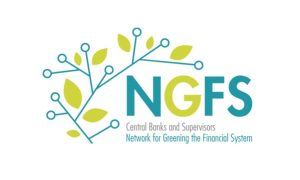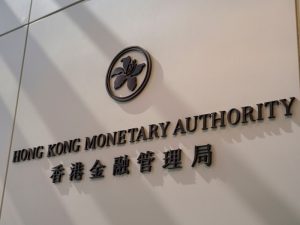Emerging Markets Climate Risk Report
The United Nations Environment Program Finance Initiative (UNEP FI) released the emerging markets climate risk report, which aims to provide participants with analysis of climate risks and opportunities and encourage emerging market to improve climate-related financial disclosures.
UNEP FI believes that although countries have taken positive actions to support the response to climate risks, developed economies perform better in terms of climate-related information disclosure and have more resources and capabilities to deal with climate issues. Emerging markets may face higher climate risks due to constraints in resources and capabilities.
Related Post: International Energy Agency Releases Emerging Market Clean Energy Report
Physical Risks in Emerging Markets
The Task Force on Climate-related Financial Disclosures (TCFD) and the International Sustainability Standards Board (ISSB) define two physical risks, namely event-driven acute physical risks (e.g., floods, wildfires) and chronic physical risks from long-term climate change (e.g., rising sea levels, sustained high temperatures).
Emerging markets face higher physical risks than developed economies, such as the potential for land loss due to rising sea levels. Emerging markets face twice as much damage as developed economies. At the same time, emerging markets are scarce in freshwater resources and may face greater risks of water shortages when glaciers melt, and seawater acidifies. Global agricultural and fishery production also come from these countries, and severe climate disasters will reduce the labor levels accommodated in these industries and reduce incomes.

Transition Risks in Emerging Markets
Emerging markets also face transition risks. According to TCFD and ISSB, transition risks include policy and legal risks (such as carbon emission taxation, strengthening climate regulation), technology risks (such as project investment failure), markets risks (such as customer concerns about declining interest in carbon-intensive products), reputational risks (such as negative publicity and litigation), etc. These transition risks will increase the company’s operating costs, have an uncertain impact on the revenue structure and sources, and then lead to the re-pricing of financial assets.
Emerging markets face greater transition risks than developed economies. Emerging markets account for two-thirds of global carbon emissions, and future increases in carbon emissions prices will incur greater costs. These economies are currently more reliant on fossil fuels and have weaker decarbonization technologies than advanced economies. If reputational risks such as litigation arise, investment from foreign companies and cooperation with trading partners may be affected, ultimately putting pressure on the growth of these economies.
Just Transition and Climate Risk
For emerging markets, an important measure to address climate risks is just transition. A just transition is a transition that not only addresses climate issues but also considers the impact on carbon-intensive industries. For example, workers in carbon-intensive industries need access to skills training and new employment opportunities to maintain income levels during the transition. The United Nations Framework Convention on Climate Change (UNFCCC) has issued guidance on how to achieve a sustainable economic and just transition.
In emerging markets climate risk report, UNEP FI offers the following recommendations for achieving a just transition:
- Compensate affected industries: Provide support and compensation to carbon-intensive industries to mitigate their adverse impacts.
- Create new jobs: Create jobs in low-carbon sectors (e.g. renewable energy, sustainable infrastructure) and increase the transfer of labor from affected industries.
- Implement nature-based solutions: Increase investment around climate change mitigation, biodiversity protection, and prioritize safe, equitable and inclusive working conditions.
Stranded assets can occur in various areas of the net zero transition and dealing with them is important to meeting climate goals. Promoting a just transition requires the participation of policymakers, businesses, investors and other stakeholders to share the costs and benefits.
Reference:
Emerging Economies: Climate Risks and Best Practices for Climate Risk Disclosure





